Noirvember Day 28: Happy Birthday, Gloria!
There was nobody in Hollywood like Gloria Grahame.
She could be sweetly naïve, sexy and shrewd, broadly humorous, or just plain deadly. And she was equally adept at each. While I’ve enjoyed her performances in films like It’s a Wonderful Life (1946) and Oklahoma! (1955), it’s Grahame’s noirs, of course, that I truly love. She was featured in eight noirs between 1947 and 1959, including In a Lonely Place (1950), Sudden Fear (1952), and The Big Heat (1953). Today, in celebration of her birthday, I’m taking a look at one of her performances that doesn’t receive as much buzz these days: Ginny in Crossfire (1947).
The first Hollywood drama to broach the subject of anti-Semitism, Crossfire stars three Roberts – Young, Mitchum, and Ryan – and centers on the murder of a Jewish ex-serviceman, Joseph Samuels (Sam Levene). The film opens with the savage beating of Samuels, then shows two men leaving his apartment, their faces obscured by shadows. Headed by police detective Finlay (Young), an investigation reveals that Samuels had met several soldiers at a bar on the night of his death, including Arthur Mitchell (George Cooper), Montgomery (Ryan), and Floyd Bowers (Steve Brodie). With help from Mitchell’s roommate, Peter Keeley (Mitchum), Finlay works to track down the men responsible for the murder.
Grahame plays Ginny, a dance-hall girl who encounters Mitchell after he leaves Samuels’s apartment, where he, Montgomery, and Bowers had gone for a drink. Mitchell, having imbibed one too many cocktails and in need of fresh air, stumbles into a smoke-filled joint and finds himself in conversation with Ginny (“’Cause I’m from Virginia,” she explains). After just a few seconds in her company, we think we have Ginny’s number. She tells Mitchell she’s tired of working there, but that she does it for the money. Before she takes a sip of her drink, she toasts “to nothing.” And when Mitchell tells her he’d like to take her someplace where they can eat and dance and talk about themselves, Ginny laughs in his face. Literally. “Sure, I know,” she says. “I remind you of your sister.” But when Mitchell counters that she reminds him of his wife, she abruptly leaves him alone at their table.
Mitchell can’t quite figure Ginny out – and neither can we; she’s more complex than we’d thought. She’s tough and world-weary, but she seems to be hurt by Mitchell’s revelation that he’s married. She tells him she left the table because “all you wanted to do was yap – I don’t make any money on that,” but when Mitchell asks her to dance, she loses herself in the moment, almost allowing herself to believe that it has some meaning. She even gives him the key to her apartment, telling him that he can go there to get some sleep, and he kisses her before departing, leaving her with an inscrutable look on her face that seems to be a blend of sadness and longing.
We only see Ginny once more, after Mitchell is detailed by police for Samuels’s murder and his wife, Mary (played by Jacqueline White – who’s still with us and turned 100 yesterday!) accompanies Finlay to Ginny’s apartment, seeking corroboration for Mitchell’s alibi. Once again, Ginny demonstrates a hard-boiled demeanor, until Mary pleads with her, saying that they have to think of Mitchell. And that’s when Ginny’s granite-like carapace shows a crack: “He wasn’t here with me. He could have been, but he wasn’t,” she says in a voice that trembles in spite of her. “He could’ve come up. I could’ve cooked him something to eat, and we could’ve talked. And what would have been wrong with that? What’s the matter with me being with her precious husband? Does he break or something?”
Grahame’s brief time on screen – it only amounts to about 10 minutes total – earned her an Academy Award nomination for Best Supporting Actress. She lost to Celeste Holm in Gentleman’s Agreement, the year’s second film with an anti-Semitism theme. Despite her relatively minor role, though, Grahame turned in a fascinating, memorable performance, one that was suitably singled out by several critics, including the reviewers for the New York Herald, who said she “does a brilliant turn as a tired man-hating dance hall hostess,” and Variety, who wrote, “Gloria Grahame as a floozy should bet much audience (and RKO studio) attention.”
I hope you’ll join me in celebrating Gloria Grahame’s birthday by taking a gander at Crossfire or one of her other noirs. You only owe it to yourself.
And join me tomorrow for Day 29 of Noirvember!






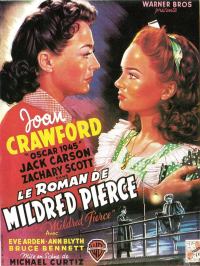




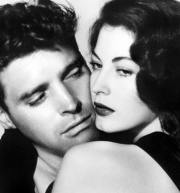














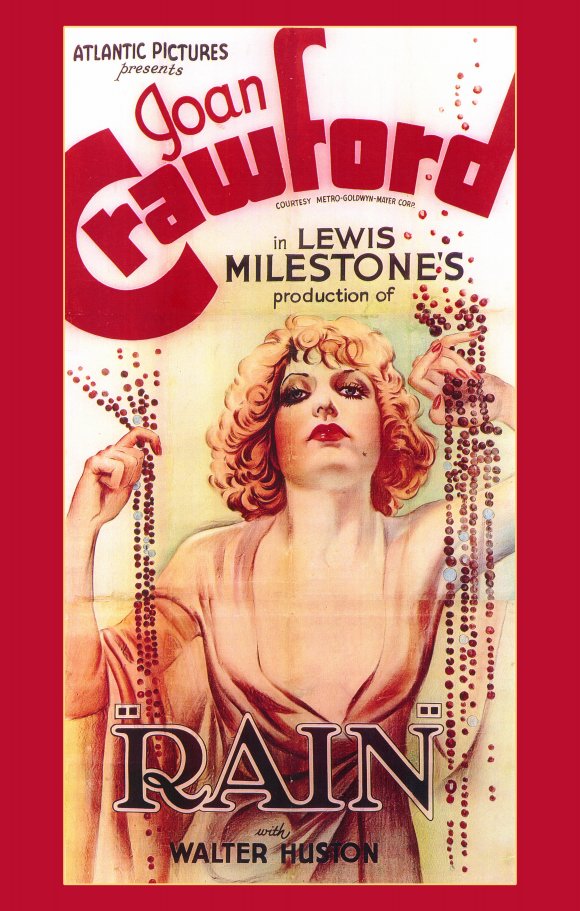

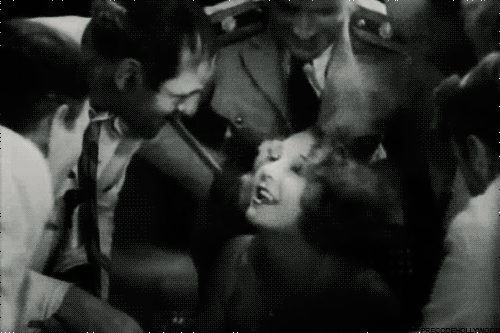
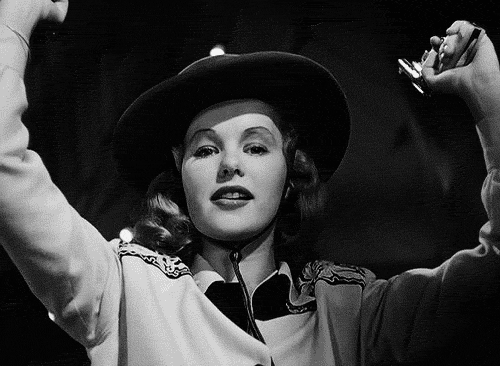

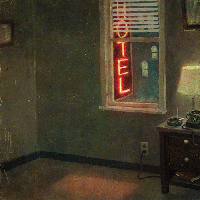
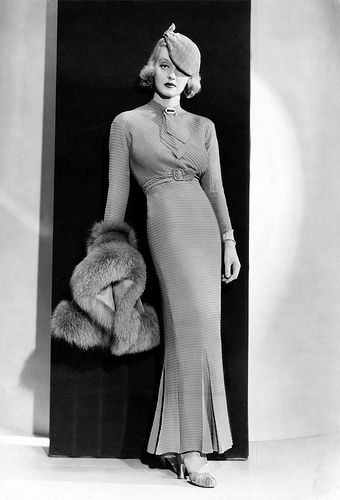



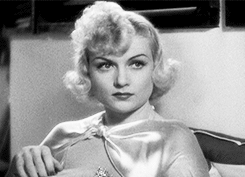






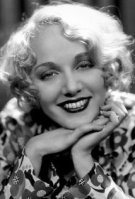
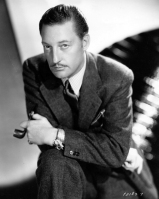
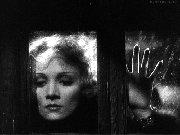


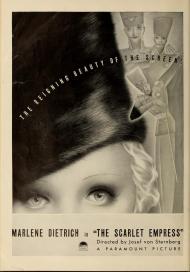
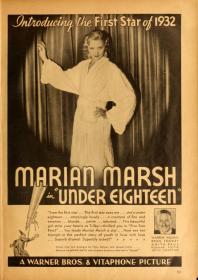
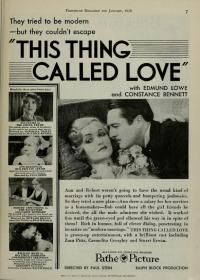


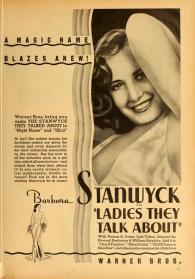


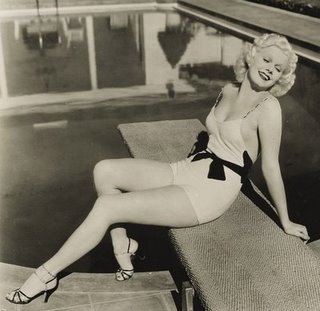





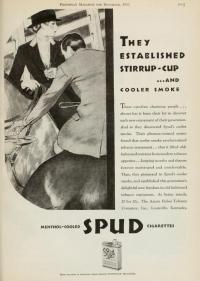

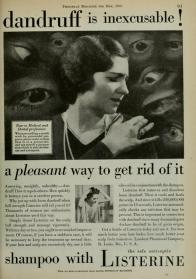
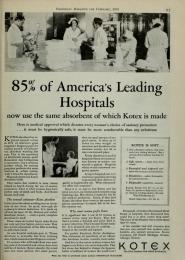
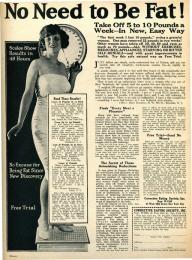


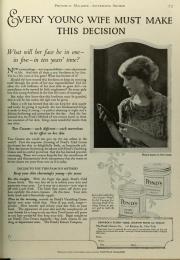
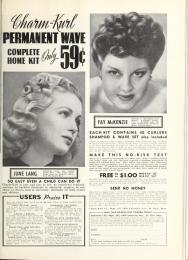
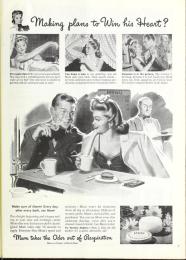


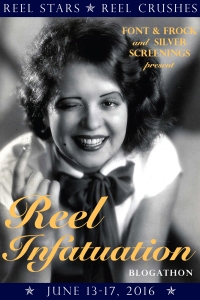

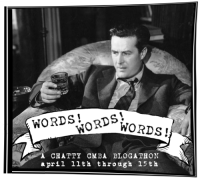

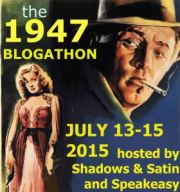




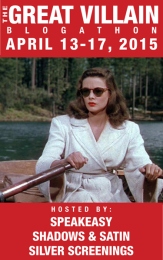

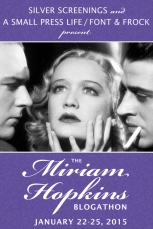
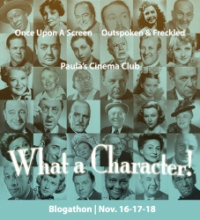
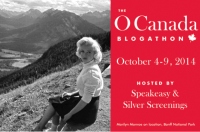



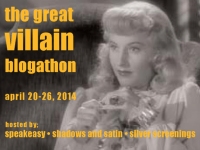
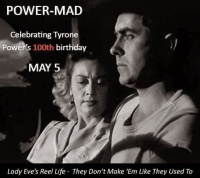









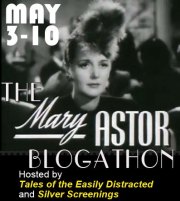


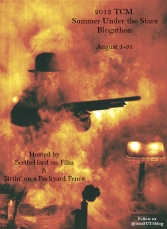


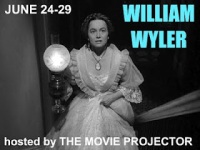

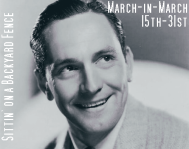
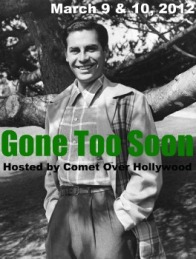


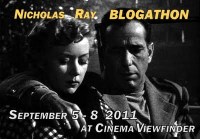

You are doing a wonderful job with your daily posts. Just think, if those stars and films were around today, the praise that would be heaped on them. Must watch Crossfire again. Wonder why happened to George Cooper. He did well.
Thank you so much, Vienna! Can’t believe the month is almost over! I was wondering about George Cooper, too — he was really good in this, and I don’t remember ever seeing him in anything else.
You can’t have Noirvember without Gloria Graham, and this post was a honey! Thank you for remembering her work in this criminally under-seen picture.
I first sought out this film after Karina Longworth did an episode on it for her excellent series on the Blacklist, and I was mesmerized by Graham’s performance. She made such a big impression, I kind of can’t believe her screen time only added up to ten minutes!
I never before paid as much attention to Gloria’s performance in Crossfire as I did for this post, and she was so impressive. She totally deserved that Oscar nod.
There’s SO much going on in CROSSFIRE If I hadn’t sought it out with Gloria in mind, I’m not sure where my focus would’ve landed…
In any case, it blows my mind that this is maybe her second substantial role. Lord, that dame came out of the gate strong! I totally agree that she deserved that Oscar nod!!
You are so right about that. Since I watched it the other night just for Gloria’s storyline, I also paid closer attention to Paul Kelly — what a wild character!
Gloria Grahame was always under-utilized, in my opinion, but that didn’t stop her from walking away with the film. Like you said, she was one of a kind.